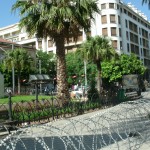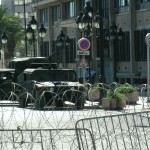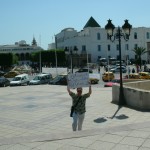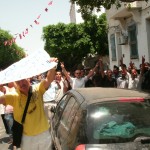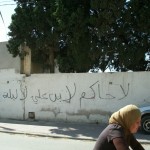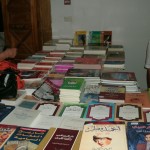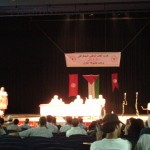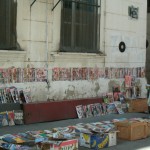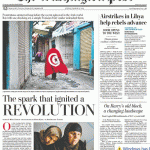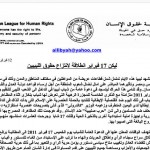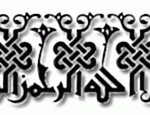Firsthand Account on Some Recent Developments
____
The Tunisian Revolution* is for real! There is a profound change in the country at all levels: Social, regional, institutional, sectarian, etc. For the first time in anyone’s memory, people can talk, argue, and disagree vehemently. You really can write anything you want. You can also say anything you want and talk to anyone you want. People encounter one another in public meetings or political rallies and discover they have much in common (there are more than 100 mostly new political parties so far and counting–in a country of nearly 10 million residents).
There’s, however, wide-spread chaos and lawlessness throughout the country (and the fine line between chaos and normalcy is impossible to locate!). Yesterday, the main highway to the Cap-Bon region was blocked by tomatoes farmers protesting government imposed tariffs and prices for their produce. The army and police special forces were present there but only to prevent violence … We had to take a detour of a couple of hours through another province and many rural dirt roads to get to our destination. Similar scenes take place daily all over the country, in addition to sit-ins, street marches and demonstrations and strikes …
•
The Tunisian political classes were as surprise by their Revolution as anyone else. Many discussions about the constitution, the legal system, the economy, etc. have yet to be held, and will take time. There are no electoral laws, no electoral rolls. As yet there is no legitimate government, only a provisional one, and thus no clear mandate for reform. The longer it takes for real change to occur the greater the chance for disappointment, discontent, disorder and chaos and even counter-revolution. Nobody ever joins an uprising to resume business as usual.
The strange thing about post-revolutionary Tunisia is: Almost everything is still the same. The provisional caretaker government, in charge until elections can be held, includes elder statesmen who have been around for decades. Many of the same figures still run the same ministries as they did under the old regime. The police are less omnipresent but they are still there (actually, they are extremely polite now, something never seen before in Tunisia! I was told many were terrified to be accused of killing or torturing people during and before the revolution).
Tunisians began the Arab Spring. In order to sustain their hard-won democracy, they must deal with resurgent Islamists (diverse groups!), unemployment, a struggling economy and many other challenges.
On January 22nd the new Tunisian government lifted licensing restrictions on the importation of books, publications and film. Books and publications that were once confiscated by the Border Police are now making their way to bookstores. Extreme censorship on the imported book has strangled intellectuals – both writers and readers – and in the absence of freedom, one cannot talk about creativity. In previous years, the Tunisian International Book Fair earned a poor reputation because of strict censorship imposed on imported works, forcing exhibitors to focus on cookbooks and fiction. In the end, many just didn’t bother to attend the fair. The number of the new publications having obtained receipts reached as of July, 2011, 148 publications, which notably include daily, weekly, bimonthly and monthly publications.







